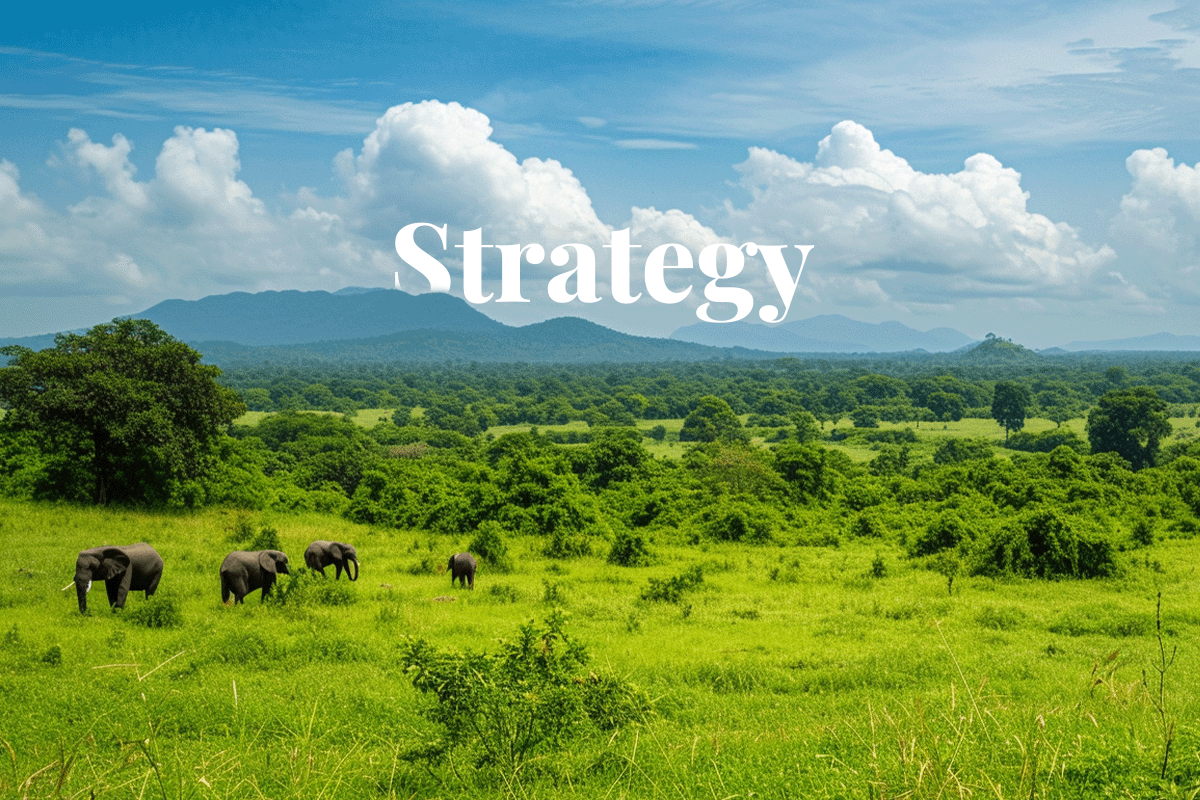Africa is stepping up its game in the global environmental carbon arena with the launch of the African Carbon Markets Initiative (ACMI). This groundbreaking project aims to unlock the continent's vast potential for carbon credits, paving the way for more accessible environmental finance and clean energy solutions across African nations.
 Landscape view of Ghana's nature. AI generated picture.
Landscape view of Ghana's nature. AI generated picture.
Under the guidance of a 13-member steering committee of African leaders and industry experts, ACMI's mission is to significantly expand Africa's role in voluntary carbon markets. These platforms are vital for financing projects that reduce emissions, offering a way for businesses and governments to invest in eco-friendly initiatives.
Read more: How to use DGB Group's carbon footprint calculator on your journey to net zero
The initiative has set an ambitious target: to produce 300 million new carbon credits annually by 2030, matching the total credits issued worldwide in voluntary markets in 2021. This goal underscores the potential of Africa's emerging carbon market, which has already seen steady growth, as evidenced by the issuance of nearly 54 million credits.
The ACMI has gained momentum with a landmark agreement between the Jospong Group of companies and EKI Energy Services. This collaboration, centring on Ghana, is anticipated to generate $1 billion in carbon credit financing, propelling West Africa into the forefront of carbon market development. This move aligns with the efforts of other African countries which are actively enhancing their carbon credit capabilities.
Read more: Ghana's green leap: billion-dollar green finance deal with Indian developer
This surge in environmental finance activity is not limited to Ghana. Nigeria, eyeing a substantial $2.5 billion opportunity within ACMI, has announced plans for a national carbon market strategy at the COP28 climate conference. Similarly, Kenya is making strides with amendments to its Climate Change Act, laying the groundwork for a regulated carbon market.
As Africa rallies to tackle environmental challenges, these developments mark a turning point. From Ghana's billion-dollar carbon credit deal to the proactive policies of Kenya and Nigeria, Africa is well on its way to becoming a key player in the global carbon markets.
Embarking on the path towards carbon neutrality and environmental stewardship is crucial for meeting the objectives of the Paris Agreement. Joining forces with DGB Group opens a wide array of possibilities for instigating impactful transformations. We are dedicated to aiding organisations in reaching net-zero emissions and promoting a sustainable future, motivated by the increasing significance of nature-based strategies. These methods are particularly effective for nature conservation, offering a focused plan for forest rejuvenation and the overall wellbeing of our planet. Measuring your environmental impact is an important milestone in initiating your journey towards eco-friendly practices.
Take the first step today and download our carbon footprint analysis brochure



